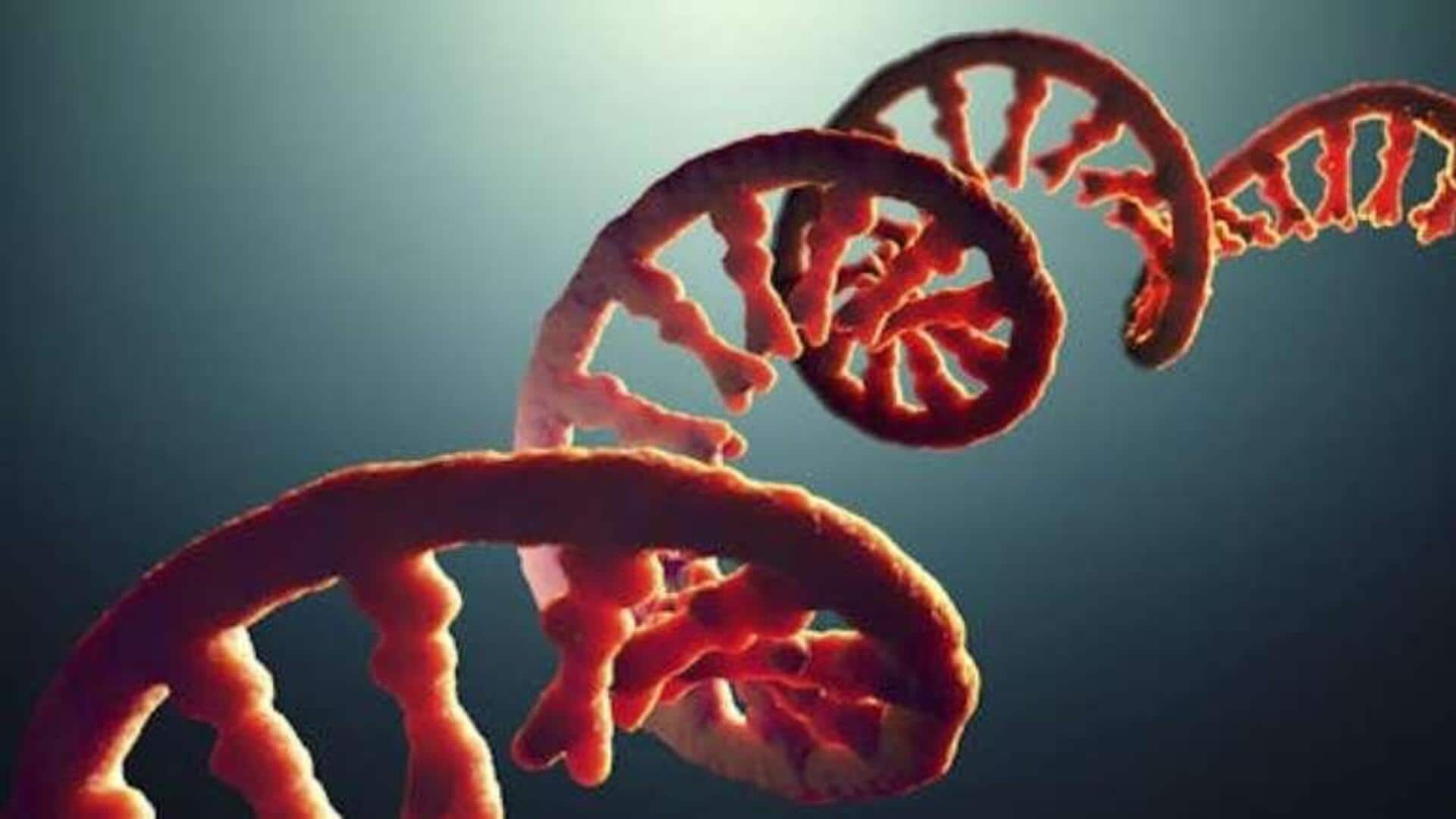
MicroRNA: How this Nobel Prize-winning discovery is revolutionizing cancer treatment
What's the story
Victor Ambros and Gary Ruvkun, the winners of the 2024 Nobel Prize in Physiology or Medicine, made a revolutionary discovery that could change the face of cancer treatment. The duo was awarded for their work on microRNA and its critical role in gene regulation. Their research has given us a glimpse into the use of microRNA as a biomarker for early cancer detection.
MicroRNA explained
A crucial player in gene regulation
MicroRNA, a molecule present in our cells, was first discovered by Ambros and Ruvkun in 1993. Unlike regular RNA that helps DNA synthesize proteins, microRNAs don't synthesize proteins themselves but can regulate the process. This unique ability to control protein production has made them a key player in gene regulation. Their research has shown that microRNA regulation going awry can lead to cancer and other health conditions, like congenital hearing loss or DICER1 syndrome.
Cancer diagnosis
MicroRNA's potential as a biomarker in cancer detection
The Nobel laureates' research has also underscored the promise of microRNA as a biomarker in cancer detection. Studies have found that microRNAs are found in different body fluids and their presence is often linked to cancer. This means doctors could use microRNA levels to detect cancer early, predict its progression, and monitor its development over time.
Treatment potential
A new frontier in cancer therapy
Beyond detection, microRNA also holds promise in cancer treatment. Scientists have developed microRNA mimics as well as inhibitors to target specific microRNAs in cancer cells. They are also exploring nanoparticles for delivering such miRNA-based treatments directly to cancer cells, possibly enhancing the effectiveness of the treatment. Additionally, CAR-T therapy, an immune system treatment, is being considered as a method to deliver microRNA-based drugs to tumors.